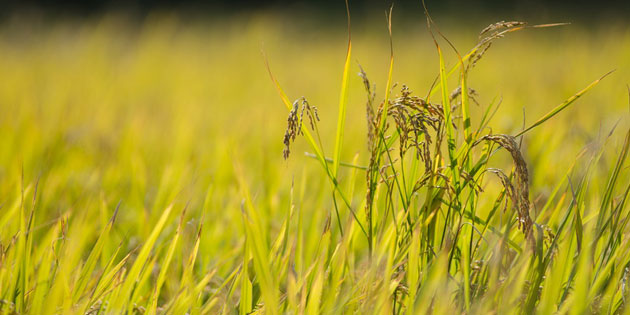Why Some Farmers Say No to Cover Crops
Cover crops and soil health are huge issues today. No matter where you turn, experts (and everyone else) are telling farmers how important it is that they plant cover crops.
Cover crops are used to reduce soil erosion. On flat open land, cover crops will protect against wind that can blow away nutrient-rich topsoil. In hilly, wet areas, cover crops will prevent water from washing away topsoil. In the spring, cover crops are tilled under or sprayed down before row crops are planted.
In addition to preventing soil erosion, cover crops benefit farmers and the environment in many other ways, including:
- Increased soil fertility
- Nutrient replenishment
- Increased organic matter
- Reduced water drainage
- Weed control
In light of these advantages, some people may wonder why a farmer would ever choose not to plant cover crops. The fact is, however, that some do believe that they have legitimate reasons for deciding against cover crops.
Whether you agree or not, these farmers believe that planting cover crops doesn’t make financial sense. Farmers who are having a difficult time making ends meet simply can’t justify the costs involved in planting cover crops, especially when profit margins are already razor thin. Time is another factor. Depending on the size of the operation, some smaller farmers just don’t feel as if they can get it all done.
A survey by the Howard G. Buffett Foundation showed that in addition to the reasons listed above, there are other challenges farmers say they encounter when planting cover crops. Here are some of the major ones:
- Cover crops become weeds the following year
- Cover crops use too much soil moisture
- There is a potential for yield reduction with cover crops
- Cover crops increase insect potential
- There may be a carbon to nitrogen ratio imbalance
- Cover crops increase disease potential
No one would argue that cover crops are not beneficial to the soil or to the environment but neither is every farmer who doesn’t plant cover crops irresponsible. Farmers are concerned about the land and the environment. After all, those things are the source of their livelihood. If some farmers decide to forgo cover corps it is likely because they have decided that cover crops do not work for their particular farm or in their particular region. It does not, as some may say, have anything to do with whether or not they are good stewards of the land.



